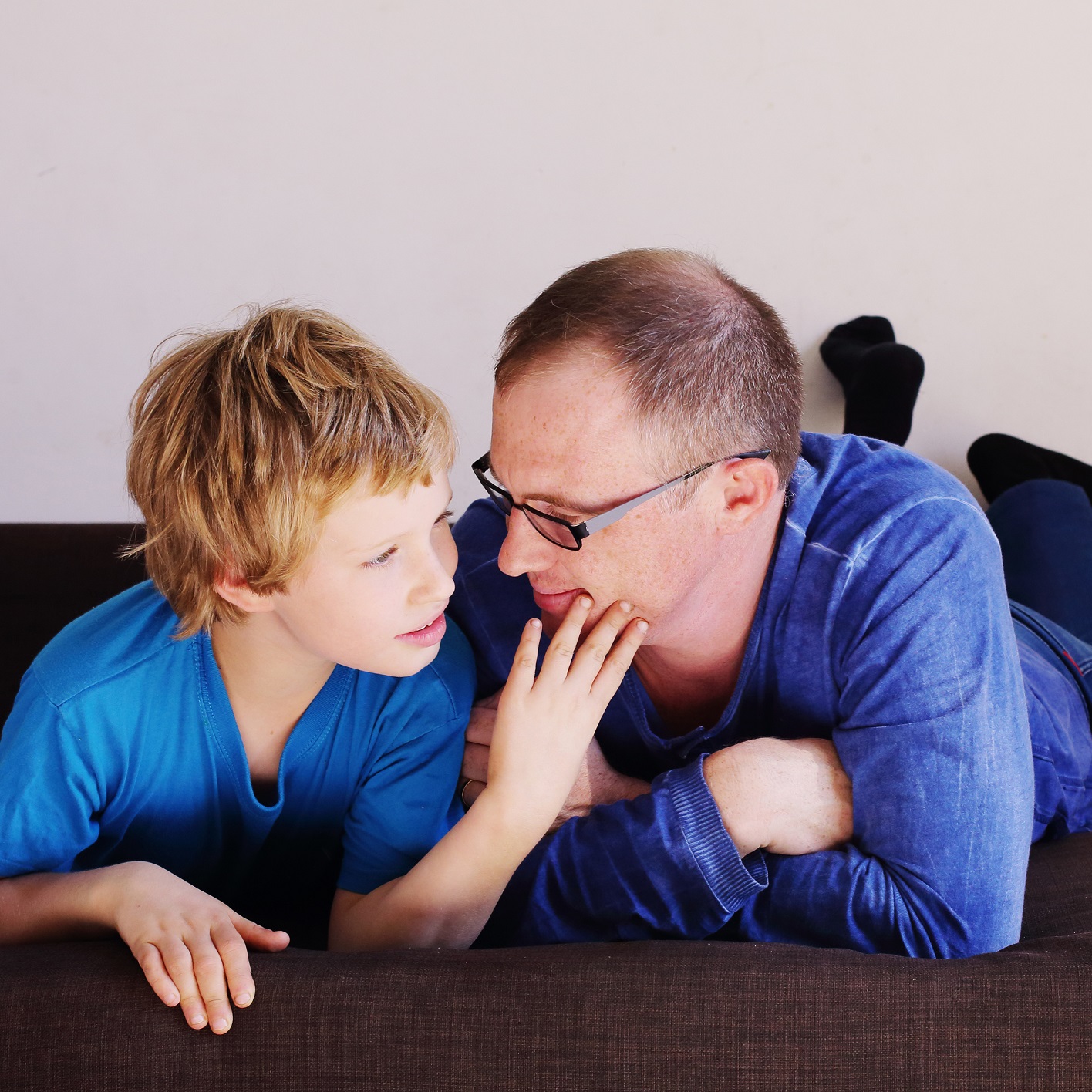Autism Spectrum Disorder and Complementary Health Approaches

Estimates of the prevalence of autism in the United States vary, but the most recent U.S. Government statistics estimate that about 1 in 54 children has been identified with autism spectrum disorder (ASD). There is no cure for ASD, but research shows that early diagnosis and interventions, such as during preschool or before, are more likely to have major positive effects on symptoms and later skills. Many parents choose complementary health approaches for their children with ASD to help manage symptoms; however, despite this use there is a paucity of high-quality research focused on complementary approaches for ASD. Of the ASD research that has been conducted, most has been in the pediatric population; very few trials of complementary health approaches have been conducted in adults with ASD.
The existing research indicates that melatonin may be beneficial for sleep disorders associated with ASD. Music therapy may have a positive effect on social interaction, and communication and behavioral skills in those affected by ASDs. However, there is insufficient evidence to determine whether other complementary health approaches such as supplementation with omega-3 fatty acids or vitamin B6, or chelation are efficacious for ASD symptoms.
This issue of the digest provides information on the evidence base of several commonly used complementary health approaches for ASD.
What the Science Says:
Autism Spectrum Disorder and Complementary Health Approaches
Modality and Summary of Current Research
Melatonin
Research findings suggest that melatonin may help with sleep problems in children with ASD.
Read more on the research of melatonin for autism spectrum disorder
Omega-3 Fatty Acid Supplementation
At present, there is insufficient evidence that omega-3 fatty acid supplementation is an effective treatment for ASD.
Read more on the research of omega-3 fatty acid supplementation for autism spectrum disorder
Probiotics
The current clinical evidence does not support the use of probiotics to modify behavior in children with ASD.
Read more on the research of probiotics for autism spectrum disorder
Secretin
Evidence suggests that single- or multiple-dose intravenous secretin, a gastrointestinal hormone, is not effective as a treatment for ASD.
Read more on the research of secretin for autism spectrum disorder
Vitamin B6 and Magnesium
To date, there is insufficient evidence to support the use of vitamin B6 and magnesium as a treatment option for ASD.
Read more on the research of vitamin B6 and magnesium for autism spectrum disorder
Chelation
There is no evidence that indicates the effectiveness of pharmaceutical chelation as an intervention for ASD. Furthermore, there is substantial evidence that there is no link between heavy metals and autism. There have been previous reports of serious adverse events from intravenous chelation, including hypocalcemia, renal impairment, and reported death.
Read more on the research of chelation for autism spectrum disorder
Acupuncture
Results of clinical trials on the effectiveness of acupuncture for ASD have been mixed, but there is currently no conclusive evidence to support the use of acupuncture for the treatment of ASD.
Read more on the research of acupuncture for autism spectrum disorder
Music Therapy
There is some evidence that music therapy may help to improve some social and behavioral skills in children with ASD.
Read more on the research of music therapy for autism spectrum disorder
Information for Your Patients
- 7 Things To Know About Complementary Health Approaches for Autism Spectrum Disorder
- Autism Spectrum Disorder Fact Sheet (NINDS)
- Autism (NIEHS)
- Autism Information (HHS)
- About Autism (NHGRI)
- Autism Spectrum Disorder (ASD) (CDC)
- Omega-3 Supplements: What You Need To Know
- Dietary and Herbal Supplements
- Melatonin: What You Need To Know
NCCIH Clinical Digest is a service of the National Center for Complementary and Integrative Health, NIH, DHHS. NCCIH Clinical Digest, a monthly e-newsletter, offers evidence-based information on complementary health approaches, including scientific literature searches, summaries of NCCIH-funded research, fact sheets for patients, and more.
The National Center for Complementary and Integrative Health is dedicated to exploring complementary health products and practices in the context of rigorous science, training complementary health researchers, and disseminating authoritative information to the public and professionals. For additional information, call NCCIH’s Clearinghouse toll-free at 1-888-644-6226, or visit the NCCIH website at nccih.nih.gov. NCCIH is 1 of 27 institutes and centers at the National Institutes of Health, the Federal focal point for medical research in the United States.
Copyright
Content is in the public domain and may be reprinted, except if marked as copyrighted (©). Please credit the National Center for Complementary and Integrative Health as the source. All copyrighted material is the property of its respective owners and may not be reprinted without their permission.